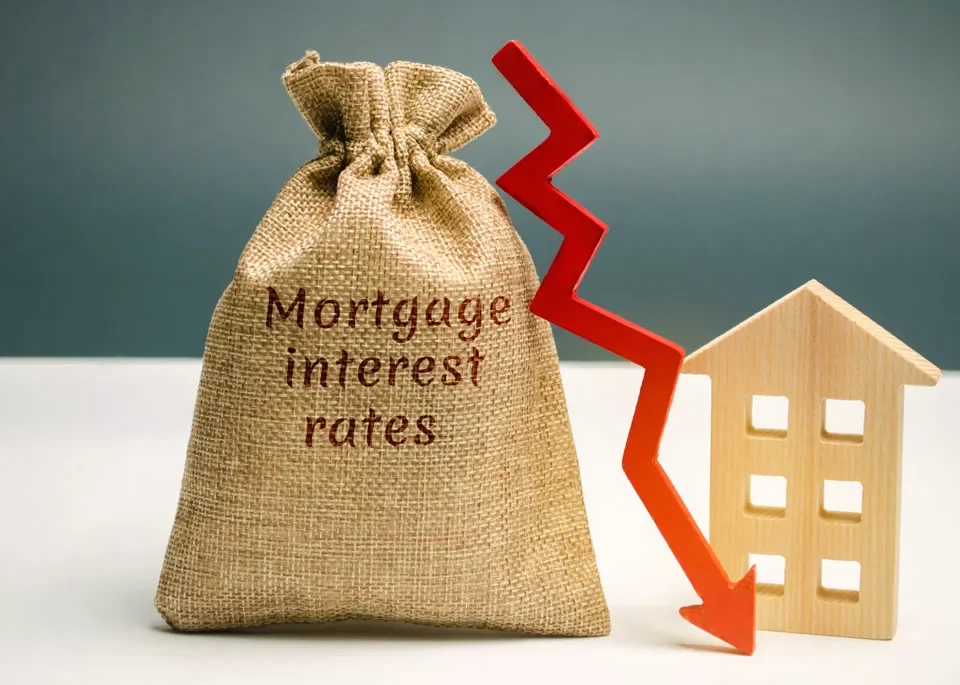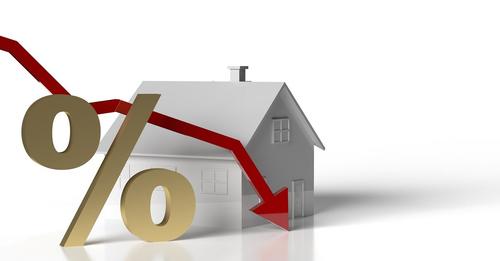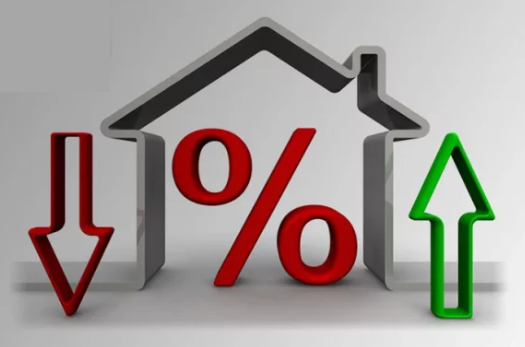Las Vegas Rental Market Heats Up: What You Need to Earn to Afford Rent in Southern Nevada

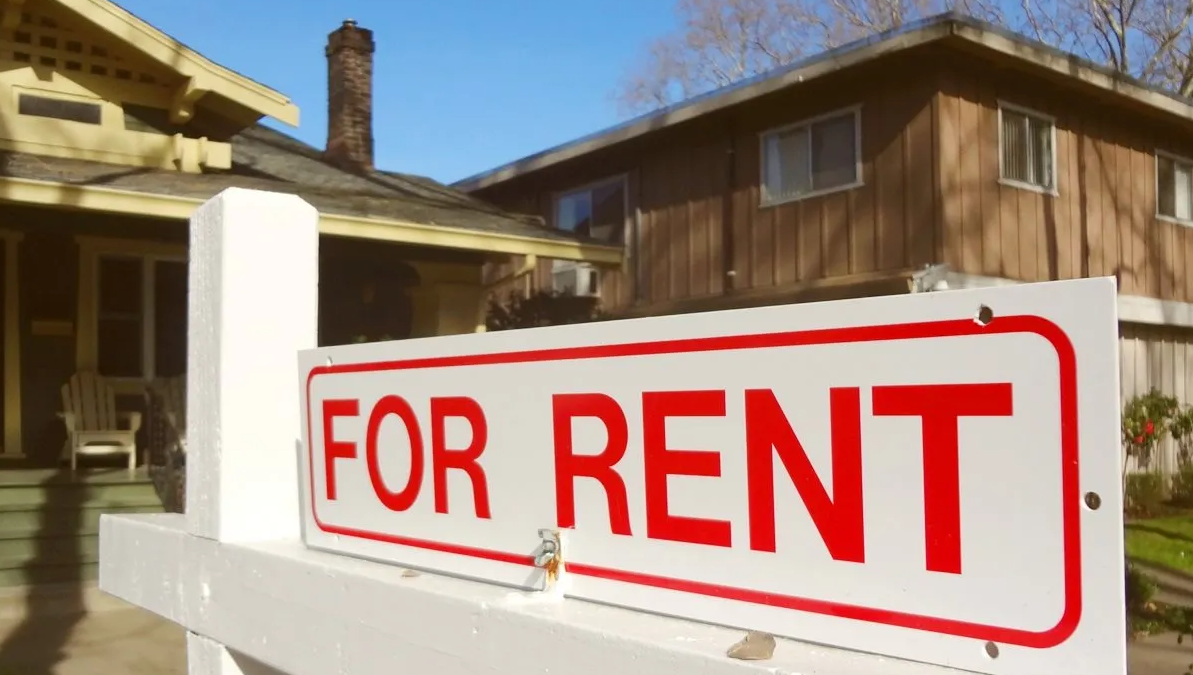
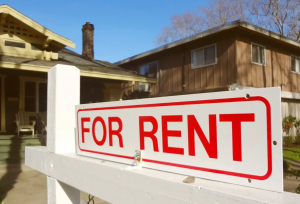 The dream of comfortable living in Las Vegas now comes with a higher price tag. According to a recent analysis by Zillow, Las Vegas residents need to earn over $72,000 annually to comfortably afford rent. This figure represents a significant 35.6% increase in required income since 2020, underscoring the growing affordability challenges facing renters across Southern Nevada.
The dream of comfortable living in Las Vegas now comes with a higher price tag. According to a recent analysis by Zillow, Las Vegas residents need to earn over $72,000 annually to comfortably afford rent. This figure represents a significant 35.6% increase in required income since 2020, underscoring the growing affordability challenges facing renters across Southern Nevada.
Currently, the typical Las Vegas apartment commands an average of $1,801 per month. While Las Vegas renters are, on average, spending approximately 26.8% of their income on housing costs—keeping them just under the crucial 30% “rent burden threshold”—the rapid surge in necessary income is outpacing local wage growth.
Orphe Divounguy, a senior economist at Zillow, notes, “Housing costs have surged since pre-pandemic, with rents growing quite a bit faster than wages. This often leaves little room for other expenses, making it particularly difficult for those hoping to save for a down payment on a future home.” This trend highlights a significant hurdle for renters aspiring to transition into homeownership in our vibrant market.
A National Snapshot Reflecting Local Challenges
The situation in Las Vegas mirrors a broader national trend. Across the United States, renters now require an income exceeding $80,000 to comfortably afford the typical rental, a notable jump from $60,000 just five years ago. The average national rent has climbed to $2,024 monthly.
Even more striking is the doubling of major metropolitan areas where a six-figure income is now necessary to afford rent. In 2020, only four markets demanded incomes over $100,000 for comfortable renting; today, that number has surged to eight, including high-cost areas like San Jose ($137,000), New York ($136,000), and Boston ($127,000).
For those seeking more affordable rental options, the study identified Buffalo ($55,000 income required), Oklahoma City ($56,000), and Louisville ($57,000) as the most accessible markets, where median earners typically spend 23% or less of their income on housing.
Zillow’s comprehensive analysis evaluated rental affordability across 50 major metropolitan areas nationwide, measuring the income required to keep housing costs below the widely accepted 30% affordability benchmark.
This rising cost of rent in Las Vegas emphasizes the evolving dynamics of our local real estate market and the increasing financial considerations for both current and prospective residents.
For more details on the national trends, you can refer to the original press release
Houses that are priced, presented & marketed correctly are selling fast.
Let my 34+ years of Real Estate experience in Las Vegas work for you. 702-378-7055
The information contained, and the opinions expressed, in this article are not intended to be construed as investment advice. Very Vintage Vegas does not guarantee or warrant the accuracy or completeness of the information or opinions contained herein. Nothing herein should be construed as investment advice. You should always conduct your research and due diligence and obtain professional advice before making any investment decision. Very Vintage Vegas, will not be liable for any loss or damage caused by your reliance on the information or opinions contained herein.

